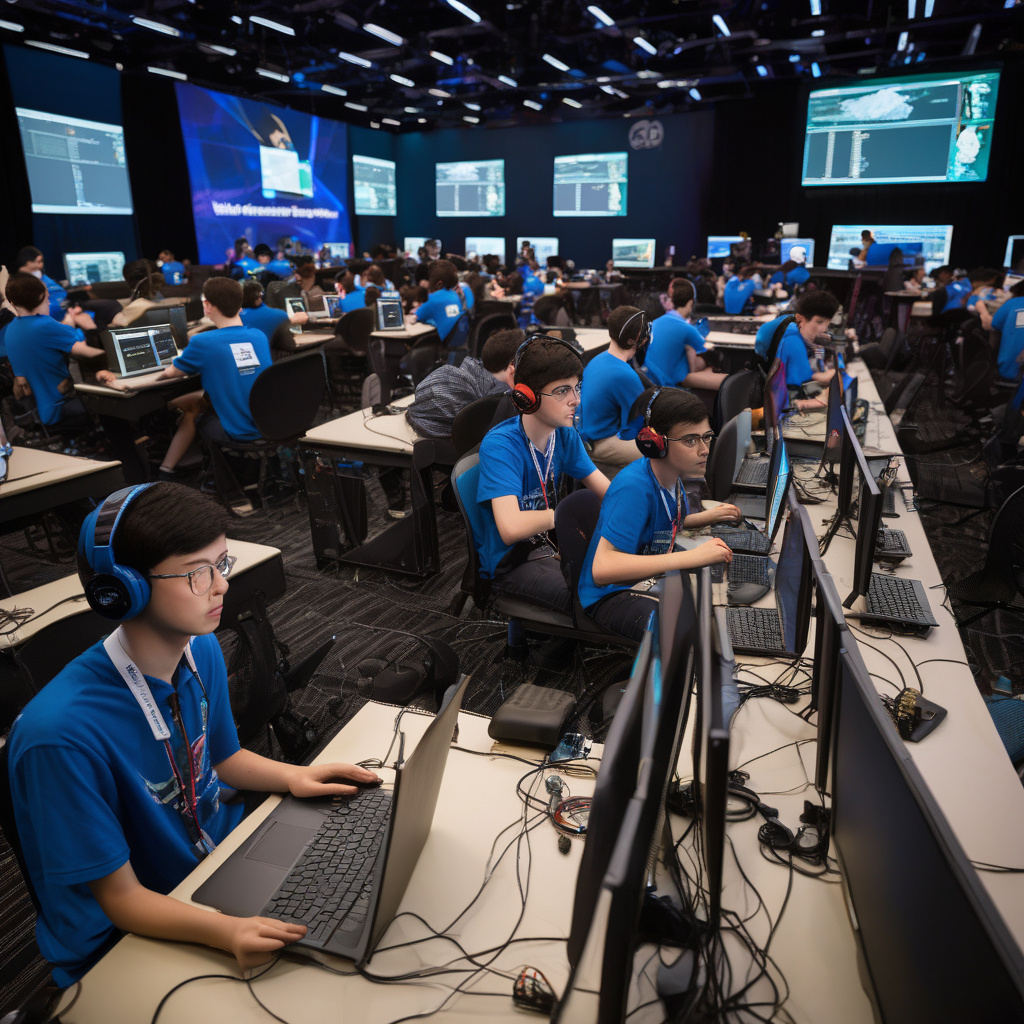Gemini 2.5: The AI Solution to ICPC Problems
In the realm of competitive programming, speed and accuracy are paramount. The International Collegiate Programming Contest (ICPC) World Finals is the ultimate battleground where the brightest minds in the programming world come together to solve complex problems under immense pressure. In this high-stakes environment, every second counts, and every solution must be flawless. This year, however, a new contender emerged – Gemini 2.5, an AI system that not only competed live and remotely but also outperformed most human teams by finishing problems faster while strictly adhering to official ICPC rules.
The ICPC World Finals is known for its grueling challenges that test the problem-solving skills, algorithmic knowledge, and sheer determination of participants. The competition is fierce, with teams from top universities around the globe vying for the prestigious title of world champion. In such a demanding setting, the arrival of Gemini 2.5 marks a significant milestone in the intersection of artificial intelligence and competitive programming.
Unlike human competitors who rely on their cognitive abilities and coding prowess, Gemini 2.5 is powered by advanced algorithms and machine learning techniques. This enables the AI to process vast amounts of data, identify patterns, and generate solutions at an unprecedented speed. During the ICPC World Finals, Gemini 2.5 showcased its capabilities by swiftly tackling complex problems that left many human teams struggling to keep pace.
One of the key advantages of Gemini 2.5 is its ability to maintain a high level of accuracy while operating at remarkable speeds. The AI’s solutions are not only fast but also precise, ensuring that every problem is approached with meticulous attention to detail. This combination of speed and accuracy gives Gemini 2.5 a competitive edge that sets it apart from traditional human competitors.
Moreover, Gemini 2.5’s performance at the ICPC World Finals raises intriguing questions about the future of competitive programming. As AI systems continue to evolve and improve, will we see a shift in the balance of power between human programmers and their machine counterparts? While AI may never completely replace the ingenuity and creativity of human minds, its ability to solve problems with lightning speed is a force to be reckoned with.
The success of Gemini 2.5 at the ICPC World Finals serves as a testament to the potential of artificial intelligence in the field of competitive programming. By pushing the boundaries of what is possible, Gemini 2.5 has shown that AI systems are not just tools to assist human programmers but formidable competitors in their own right. As technology advances and AI capabilities grow, the future of competitive programming promises to be both exciting and challenging, with AI systems like Gemini 2.5 leading the way towards new horizons of innovation and excellence.
In conclusion, Gemini 2.5’s stellar performance at the ICPC World Finals highlights the transformative impact of artificial intelligence on competitive programming. By solving top ICPC problems faster than most human teams while adhering to official rules, Gemini 2.5 has proven itself as a formidable contender in the world of competitive programming. As AI continues to advance, the boundaries of what is achievable in this field are constantly being pushed, paving the way for a future where human ingenuity and machine intelligence work hand in hand to achieve new heights of success.
AI, CompetitiveProgramming, Gemini2.5, ICPCWorldFinals, MachineLearning
